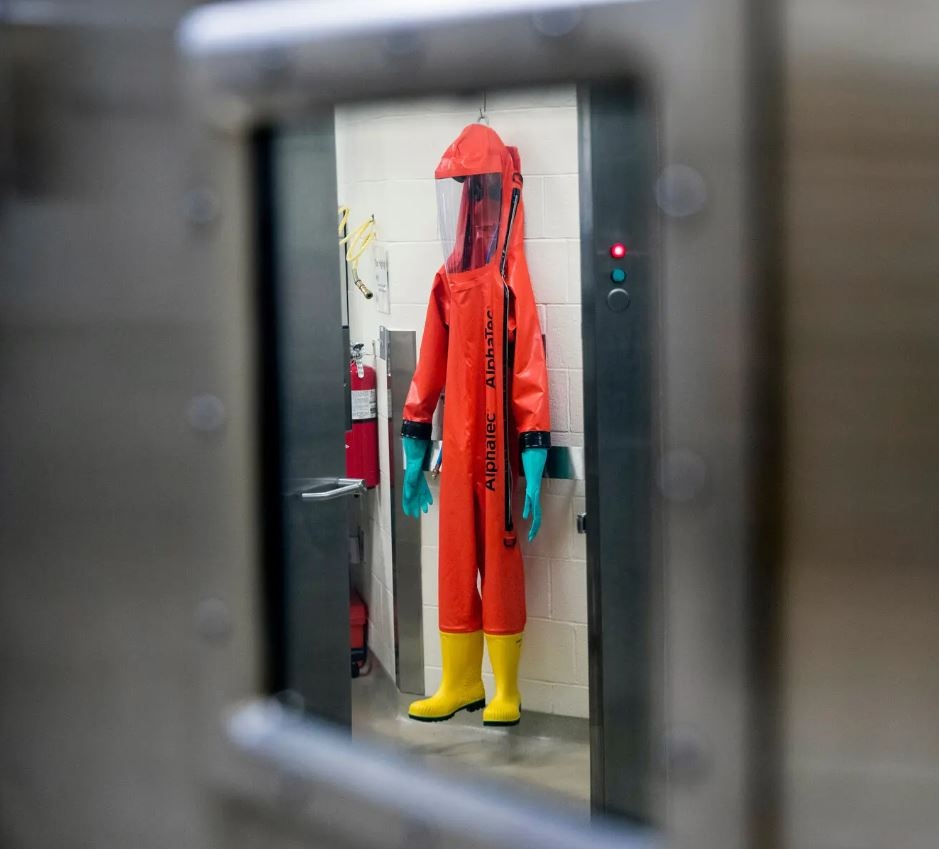An expert panel has voted in favor of stricter rules and regulations for research on risky viruses. The panel, made up of leading scientists and medical professionals, cited concerns over the potential for the accidental release of a virus or the misuse of research findings.
The panel recommended increased oversight and stricter guidelines for research involving highly contagious or deadly viruses, such as those that cause severe acute respiratory syndrome (SARS) or Ebola. They also called for more stringent security measures at laboratories where such research is conducted, and for researchers to be better trained in handling and containing dangerous viruses. The panel’s report also emphasized the importance of transparency and communication in virus research, with greater sharing of information and data among scientists to better understand and combat potential threats.
One of the key concerns highlighted by the panel was the potential for a virus to accidentally escape from a laboratory. While such incidents are rare, they can have severe consequences if they occur. For example, the 2002-2003 outbreak of SARS was traced back to a laboratory in China, where the virus had accidentally been transmitted to humans.
To prevent such incidents, the panel recommended that laboratories researching risky viruses be subject to increased oversight and inspections. They also called for the development of better safety protocols and guidelines for researchers, as well as more robust training in handling and containing dangerous viruses.
Another concern raised by the panel was the potential misuse of research findings. With the rapid advancements in genetic engineering and synthetic biology, there is a risk that research on dangerous viruses could be used to create biological weapons or to deliberately release a virus into the population. The panel called for stricter regulations to prevent such misuse and to ensure that research is conducted ethically.
The panel also emphasized the importance of transparency and communication in virus research. With the increasing global interconnectedness, scientists must share information and data to better understand and combat potential threats. This includes greater collaboration between international organizations, such as the World Health Organization, and national health agencies, as well as increased funding for research on dangerous viruses.
The recommendations of the panel will now be considered by the government and health organizations for potential implementation. The panel’s report has generated widespread interest, with many calling for increased safety measures in the field of virus research.
In conclusion, the panel’s report is a wake-up call for the scientific community and government organizations to take a more proactive approach to the issue of risky virus research. We must take steps to prevent potential accidents and misuse of research findings, while also ensuring that we have the knowledge and resources necessary to combat potential threats. It is also important to remember that while the risks associated with risky virus research are real, the benefits of this research in terms of better understanding and controlling dangerous viruses are also significant. It’s a balancing act that must be achieved to ensure the safety and well-being of the public.
